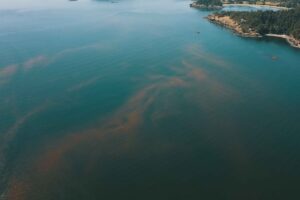
U.K. initiative to combat rising threat of harmful algal blooms to aquaculture
New UK-wide training will help aquaculture tackle harmful algal blooms with standard reporting and early warning systems.
Speakers at the Blue Food Innovation Summit addressed numerous issues like aquafeeds, new technologies and defining the “smallholder.”

New UK-wide training will help aquaculture tackle harmful algal blooms with standard reporting and early warning systems.
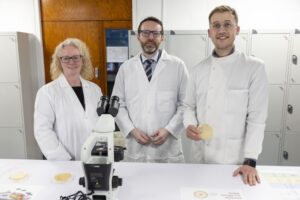
The AquaSoS project uses digital tools to boost sustainable aquaculture in Vietnam, addressing disease, climate change and pollution.

In a funding round led by The Blue Revolution Fund, the Finnish company raises $2.7 million to scale its food waste technology.

Oceanloop's $38 million loan will be used to build a land-based shrimp farm in Spain and expand operations in Germany.
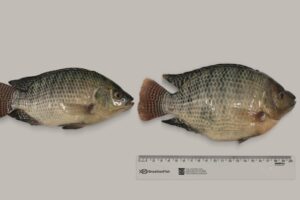
Brazilian Fish adopts genome editing to breed faster-growing, more efficient tilapia, boosting sustainability and competitiveness.
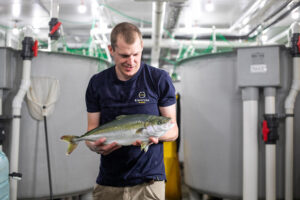
Maine has proven to be a challenging environment for large land-based aquaculture projects, but smaller ventures and inland efforts show promise.
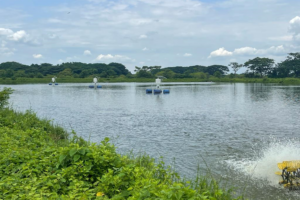
Artificial intelligence of things, or AIoT, is solving aquaculture challenges related to operational efficiency, sustainability and productivity.

Africa’s seafood sector is growing fast, but investment and policy reforms are key to ensuring food security, concludes a new report.
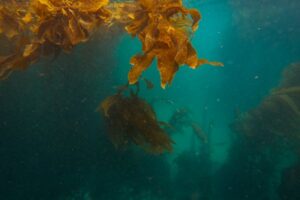
U.S. invests $25M to advance deep-water seaweed farming to fuel energy markets, grow U.S. industries and boost ocean tech leadership.

New fiber technology reduces off-flavors and water mold in recirculating aquaculture systems (RAS), boosting efficiency and improving fish quality.
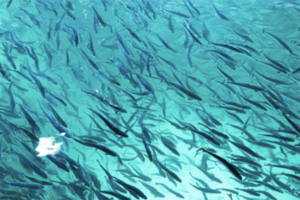
A new Rabobank report highlights that hybrid flow-through systems could transform aquaculture, but require investment and regulatory support.
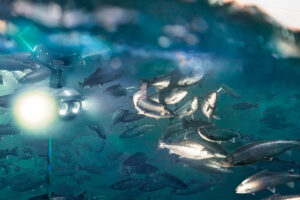
Salmon farms generate a lot of data. Innovative data analysis services to the aquaculture industry are making big economic impacts.

The National Aquaculture Technology and Innovation Hub will create jobs and position the UK as innovation leader for the seafood industry.
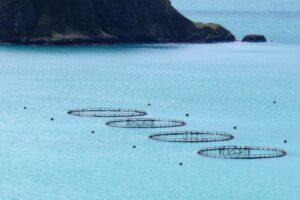
New environmental DNA method may enable faster, cheaper seabed monitoring, shifting how salmon farms and regulators assess ecological impact.
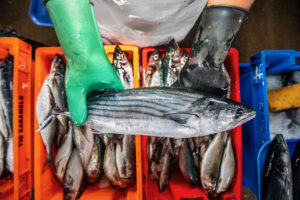
Global Fishing Watch’s new open-access platform strengthens the fight against illegal, unregulated and unreported (IUU) fishing and helps reduce supply chain risks.